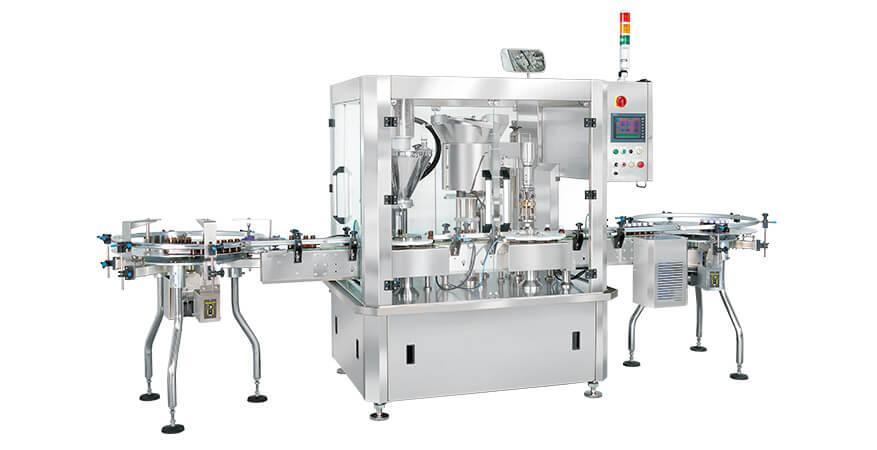Meeting demand in manufacturing, particularly in industries reliant on packaging machines, hinges on a delicate balance of efficiency, scalability, and technological integration. As consumer markets expand and evolve, the ability to scale production while maintaining quality becomes increasingly crucial.
Technological Integration and Automation
Central to meeting demand is the integration of advanced packaging machines. These machines not only streamline production processes but also enhance efficiency and consistency. These features enable real-time monitoring, predictive maintenance, and adaptive control, optimizing production uptime and reducing downtime due to equipment failures. Automation also plays a pivotal role in improving accuracy and reducing waste. Packaging machines equipped with precise measuring and filling mechanisms ensure that each product is packaged uniformly and meets quality standards. Automated systems can adjust packaging parameters on-the-fly, accommodating variations in product dimensions or packaging materials without compromising efficiency.

Scalability in Production
Scalability is essential for manufacturers to respond swiftly to fluctuating market demands. A scalable production system can increase or decrease output levels without extensive redesign or disruption. Achieving scalability requires a multifaceted approach:
Flexible Manufacturing Processes – Modular packaging machines and adaptable production lines allow manufacturers to easily reconfigure setups for different product types or production volumes. This flexibility minimizes setup times and accelerates time-to-market for new products.
Capacity Planning – Advanced analytics and forecasting tools enable manufacturers to anticipate demand trends accurately. By leveraging historical data and market insights, companies can optimize inventory levels, schedule production runs efficiently, and avoid overproduction or stockouts and click www.levapack.com to learn more.
Supply Chain Integration – Seamless integration with upstream and downstream processes is crucial for scalability. This includes synchronized logistics, just-in-time inventory management, and collaborative partnerships with suppliers to ensure timely delivery of raw materials and packaging components.
Quality Assurance and Compliance
In industries like food and pharmaceuticals, stringent quality standards and regulatory compliance are non-negotiable. Packaging machines equipped with built-in quality assurance features, such as vision inspection systems and tamper-evident seals, help maintain product integrity and safety. Automated documentation and traceability systems also facilitate compliance with regulatory requirements, ensuring that each batch of products meets industry-specific standards.
Adapting to Market Trends
Consumer preferences and market trends evolve rapidly. Manufacturers must stay agile to capitalize on emerging opportunities while navigating competitive pressures. Packaging machines designed for quick changeovers and capable of handling multiple packaging formats enable companies to introduce new product variations swiftly. This agility fosters innovation and supports brand differentiation in a crowded marketplace.
Meeting demand in industries reliant on packaging machines necessitates a strategic blend of technology, scalability, and adaptability. By investing in the types of sealing machine, optimizing production processes for scalability, ensuring compliance with quality standards, and staying agile in response to market dynamics, manufacturers can position themselves for sustained growth and competitiveness. As consumer expectations continue to evolve, the ability to deliver high-quality products efficiently and responsively remains paramount in achieving long-term success.